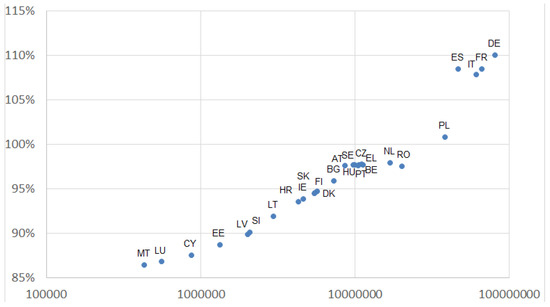Kóczy’s paper titled “Core-stability over networks with widespread externalities” has been published in the Annals of Operations Research.
The Covid-19 epidemic highlighted the significance of externalities: contacts with other people affect the chances of getting infected for our entire network. We study endogenous network formation where not only players or pairs but larger coalitions can, cooperatively change the network. We introduce a model for coalitional network stability for networks with widespread externalities. The network function form generalises the partition function form of cooperative games in allowing the network to be taken into account. The recursive core for network function form games generalises the recursive core for such environments. We present two simple examples to illustrate positive and negative externalities. The first is of a favour network and show that the core is nonempty when players must pay transfers to intermediaries; this simple setting also models economic situations such as airline networks. The second models social contacts during an epidemic and finds social bubbles as the solution.
Kóczy, L.Á. Core-stability over networks with widespread externalities. Ann Oper Res (2022). https://doi.org/10.1007/s10479-022-04669-5


